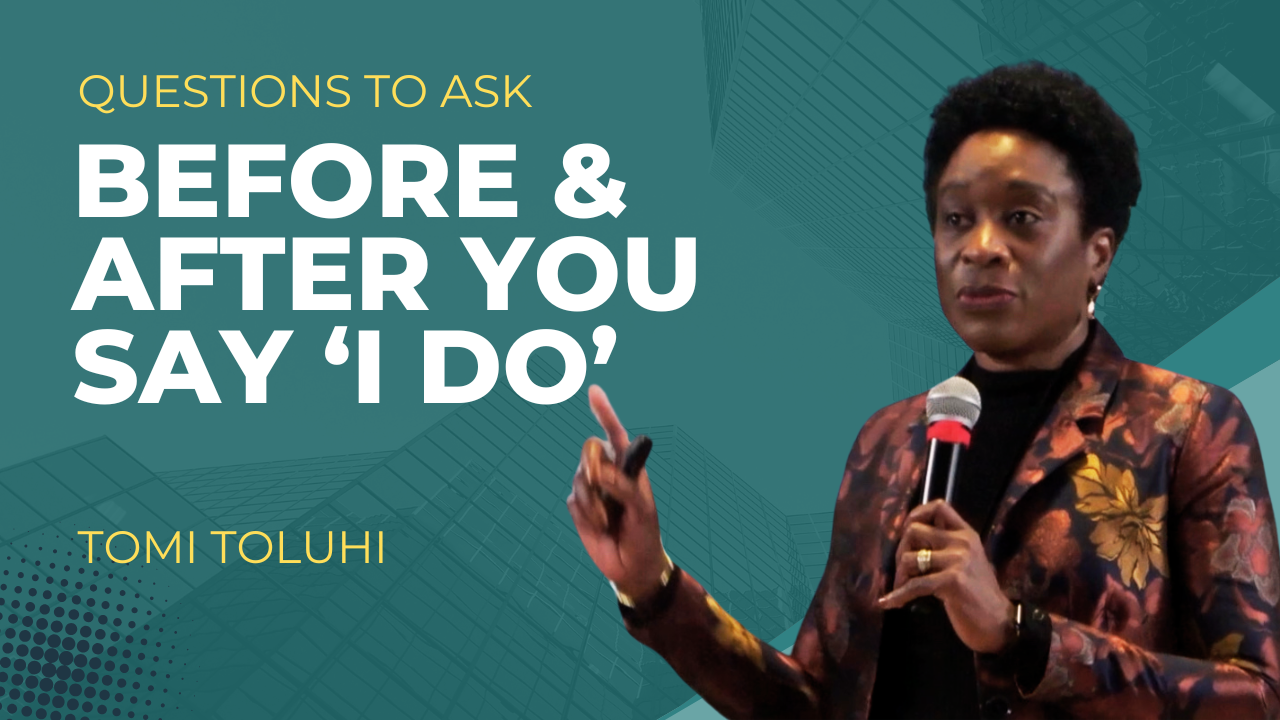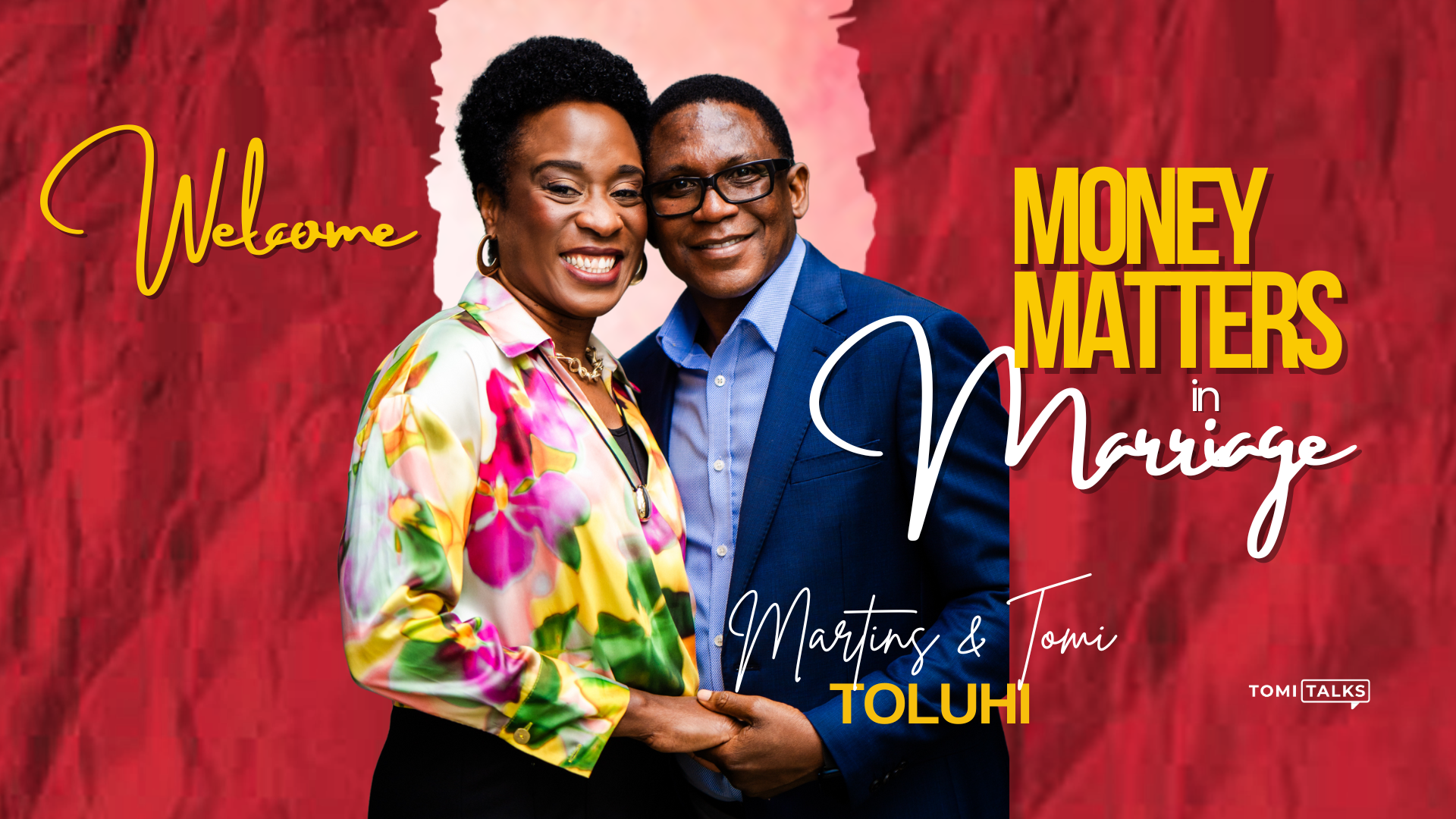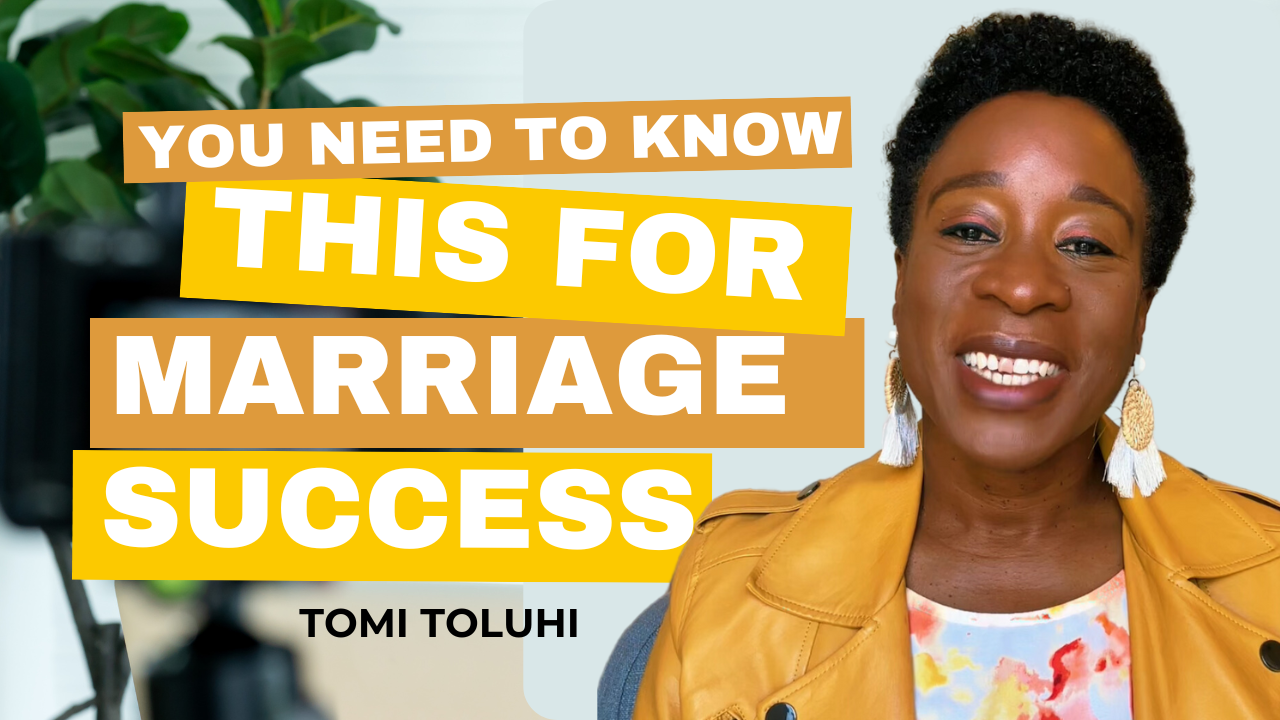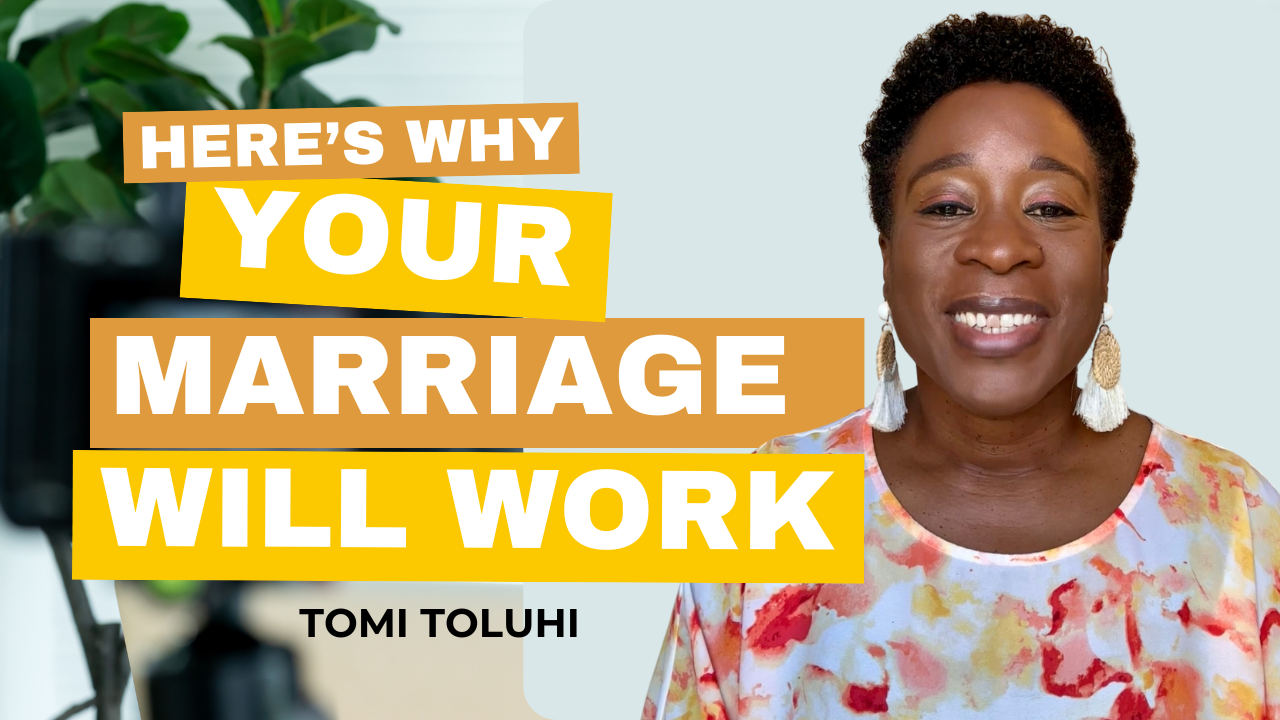Is anger robbing you of an intimate marriage?
Ever since the first family quarrel when Cain killed his brother Abel in a fit of rage as recorded in Genesis 4:5-8, uncontrolled anger has continued to ruin lives, separate families, hurt spouses, alienate children and end marriages. Unabated anger impairs judgement, leading to flawed decision making; it spurs people to speak ill-advised words which harm and maim their spouses and children more deeply than physical weapons ever could; it sucks the vitality and intimacy out of marriages leaving a trail of battered and bruised victims. At its worst, unmanaged anger can lead to verbal, emotional and physical abuse. Make no mistake. Unfettered anger is a robber of intimacy; a bandit which strips families of the joy and peace marriage was designed to promote. Anger, when not managed properly, can be deadly to a marriage.
Expressions of anger range widely from explosive eruptions and emotional displays to deep-seated, simmering, vengeful behaviour. Both are equally destructive in a marriage. The deceptive nature of anger is such that the angry person usually feels entirely justified and entitled to their expressions of anger. Punishing their spouse for the perceived offence takes priority over the intimacy of the marriage and very often they underestimate the damage being done by their lack of self control, until it’s too late. Are you an angry spouse? If so, you need to come to terms with the fact that most anger is rooted in selfishness and a desire to protect your own interests, and this comes at a high price. While anger is a normal human emotion, uncontrolled anger – no matter how justified you feel – is an open door to all kinds of destructive behaviour. The Bible contains many stark warnings about how uncontrolled anger can damage a marriage. Proverbs 29:22 declares, ‘An angry man stirs up strife, and a hot-tempered and undisciplined man commits many transgressions’ , while Proverbs 25:24 paints a vivid picture of the pain of living with an angry wife. ‘Better to live on a corner of the roof than share a house with a quarrelsome wife.’
Someone may be thinking, ‘Well, anger is just a normal human emotion which I can do nothing about. Besides, you have no idea what my spouse has done to me.’ Ephesians 4:26-27 puts the issue of anger into perspective. ‘“In your anger do not sin”: Do not let the sun go down while you are still angry, and do not give the devil a foothold.’ There are two key principles that stand out from this instruction and will determine whether anger will be destructive or instructive in a marriage.
Firstly, we need to recognise that anger in itself is not the problem; it’s what we do with our anger that creates problems. Destructive anger is often used as a tool to manipulate or control rather than an opportunity to grow in the relationship. If your spouse offends you, that experience can either become a tool to help you gain a better understanding of each other, or a weapon with which you retaliate and do damage to your life partner and the intimacy of your marriage. The choice is entirely yours. Anger can lead to sinful thoughts, words and actions which have unintended consequences on the health of our homes and marriages. Once we recognise the potential of anger to introduce long-term pain into our lives, that realisation should motivate us to learn how to handle anger productively rather than destructively.
The second point this scripture makes clear is that allowing anger to fester is one of the most dangerous mistakes any human being can make. Aged anger poisons relationships. When we make a habit of allowing anger to linger, it grows internally and takes on a life of its own because the devil takes the opportunity to feed us mentally with narratives that support our right to be angry. This is what gives him a foothold in our thoughts, lives and marriages. If you go to bed angry with your spouse and wake up even angrier because you’ve been meditating on the offence they have caused you, you have unknowingly been counselled by the devil. The enemy of our souls loves nothing more than to promote strife and division. The angrier you are with your spouse, the more distant you feel until intimacy becomes a forgotten dream. Sometimes people harbour anger against their spouses for years, ignoring the fact that hostility and intimacy cannot cohabit. If you want a good marriage, you have to be a good forgiver.
If you have found yourself in a place where you no longer feel anything for your spouse because of accumulated anger, the time has come for you to uproot those feelings if you want your marriage to not only survive, but also to thrive. The first step is to identify the sinfulness of destructive anger and repent from it. James 1:19-20 has this to say. ‘My dear brothers and sisters, take note of this: Everyone should be quick to listen, slow to speak and slow to become angry, because human anger does not produce the righteousness that God desires.’ Remember that the whole of life is about choices. You are not a slave to your emotions unless you choose to relinquish control over them.
Sometimes, angry spouses blame their partners for their bad behaviour, forgetting that while you may not be able to control your spouse’s behaviour towards you, you are fully responsible before God for how you choose to respond. Sustained anger is a choice. It is a learned behaviour that we have practised so often until it has become habitual. Some people are explosive because they grew up in a home with an explosive parent and have therefore not learned how to process anger productively. To deal appropriately with anger, we have to unlearn some of the negative responses that have become second nature to us. When each spouse in a marriage takes responsibility for their own emotions, it leads to more mature interactions in the home.
Ephesians 4:31-32 makes a powerful statement of God’s position on anger and what He expects of His children. ‘Let all bitterness and wrath and anger and clamour [perpetual animosity, resentment, strife, fault-finding] and slander be put away from you, along with every kind of malice [all spitefulness, verbal abuse, malevolence]. Be kind and helpful to one another, tender-hearted [compassionate, understanding], forgiving one another [readily and freely], just as God in Christ also forgave you.’ You have been forgiven, so the onus is on you to forgive. Release all your pent up anger to God in prayer and let Him set you free permanently.
If you are struggling with managing your anger, watch my video on ‘How to deal with destructive anger’ for practical tips on how to manage conflict in a relationship without losing control.






All Rights Reserved | RelatePlus





